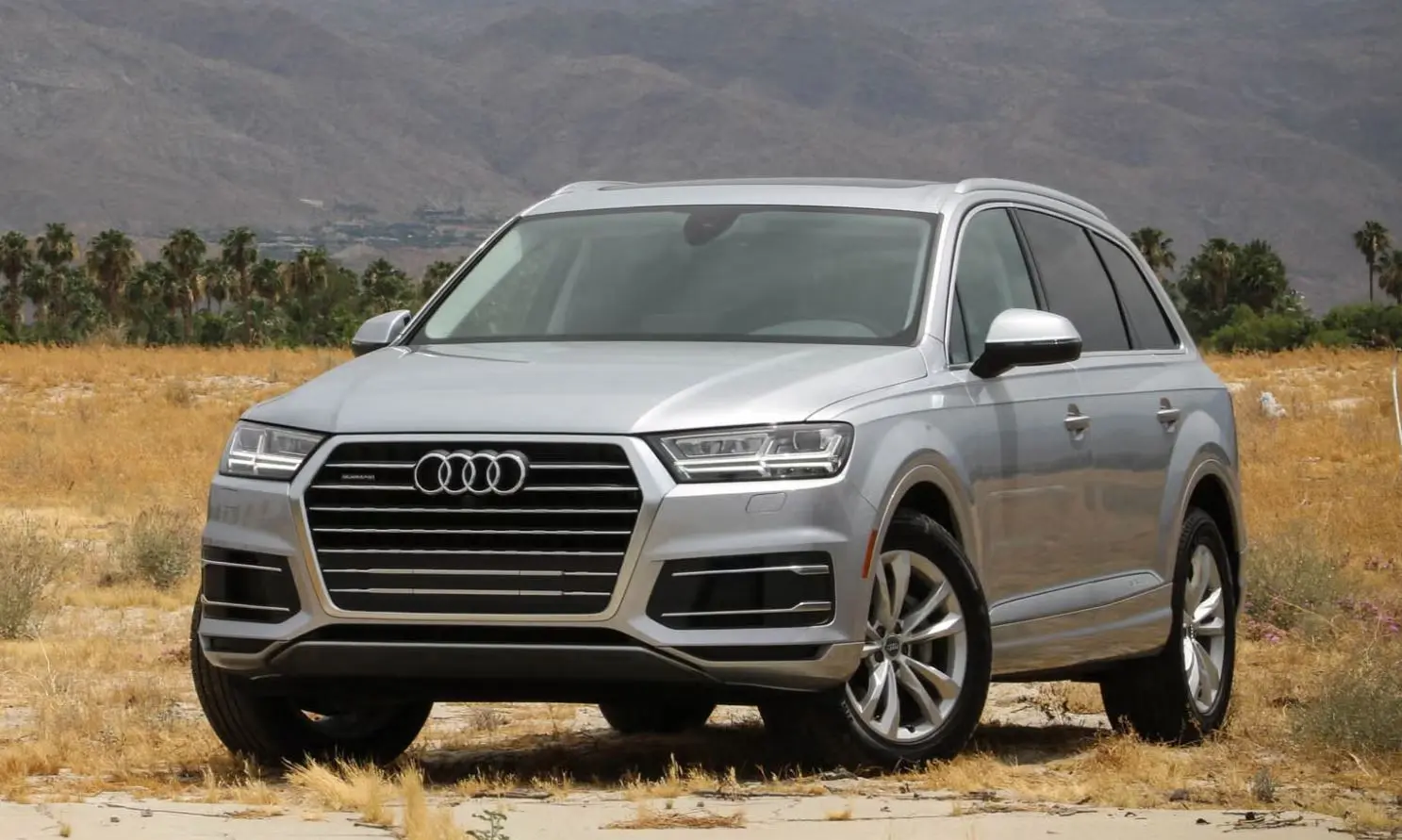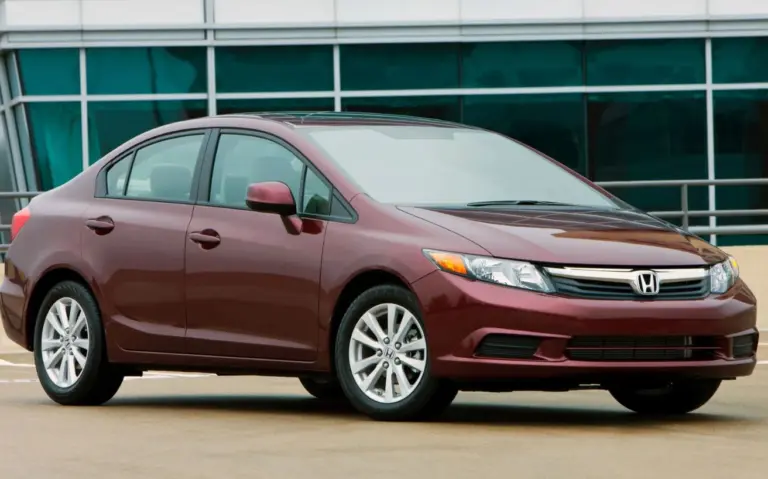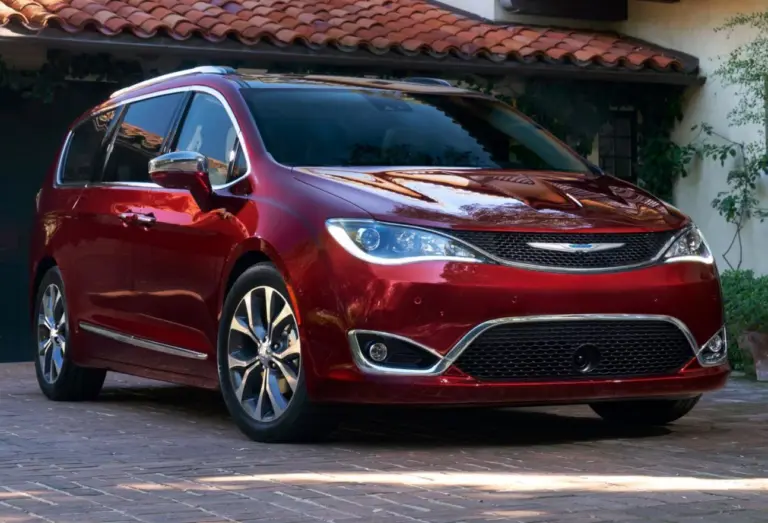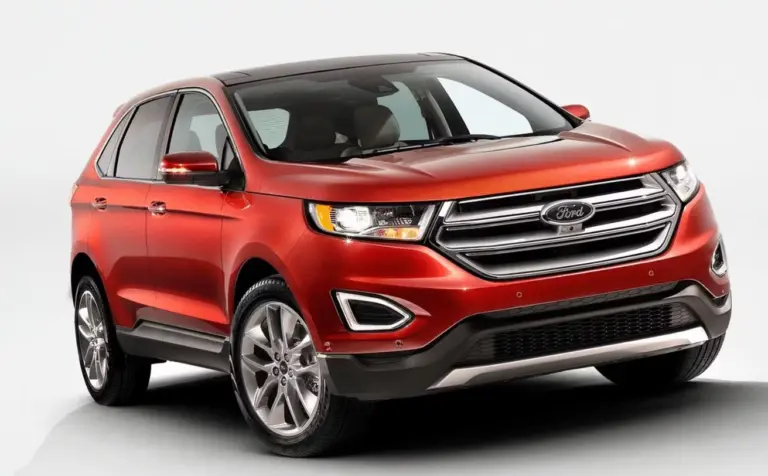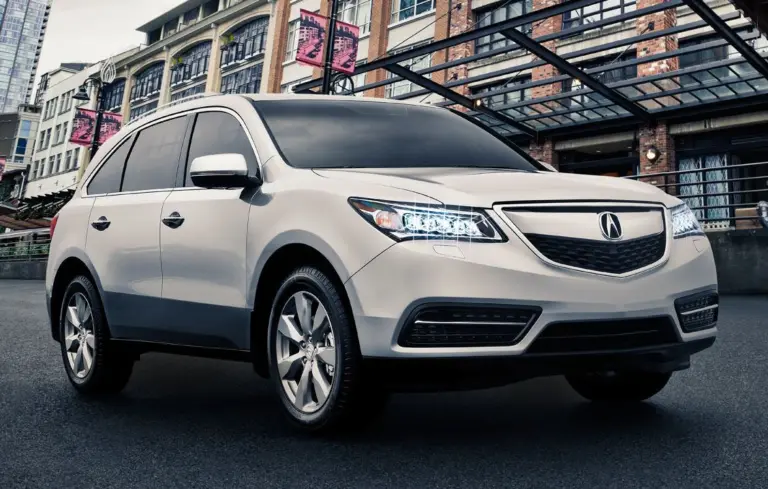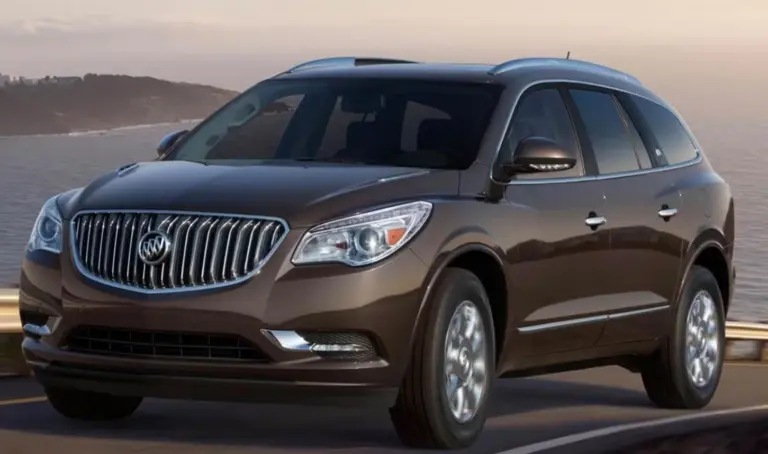Audi Q7 Years to Avoid (Updated)
The Audi Q7 is celebrated as a premium SUV with exceptional features and comfort. However, not all years deliver the same level of reliability. There are some Audi Q7 years to avoid.
While many models offer luxurious experiences, some years stand out for issues that can lead to costly repairs. Knowing which years to avoid is crucial for making a wise purchasing decision. From mechanical faults to electrical malfunctions, these problem-prone years highlight potential risks for used buyers.
Audi Q7 Years to Avoid
When it comes to used cars, understanding which models have recurring problems is essential. The Audi Q7, while luxurious and powerful, has some years that fall short of expectations. Here’s a breakdown of the problematic years and their issues.
| Model Year | Key Issues |
|---|---|
| 2007 | Engine problems, excessive oil consumption, electrical issues, coolant leaks, and water pump failures |
| 2015 | Transmission issues, timing chain tensioner failures, and Advanced Key System malfunctions |
| 2017 | Coolant leaks, high oil consumption, brake squealing, and defective side marker lights |
| 2018 | Persistent brake noise, electrical system glitches, and Audi Pre Sense failures |
| 2019 | Power steering problems, air suspension failures, and reduced ride comfort |
| 2021 | Engine and transmission complaints, unreliable infotainment systems, and touch interface glitches |
1. 2007 Audi Q7
The 2007 Audi Q7, the model’s first production year, had numerous teething issues. Engine troubles were particularly concerning, with many owners reporting excessive oil consumption and coolant leaks.
The water pump failures were a common culprit, leading to costly repairs. Electrical issues were also rampant, including malfunctions in the electronic stability program (ESP) system. Additionally, fuel system failures caused performance hiccups, frustrating drivers who expected a smooth ride.
2. 2015 Audi Q7
The 2015 model also showed signs of unreliability. Transmission problems were frequent, with disruptions in power delivery making drives uncomfortable. Electrical glitches were equally problematic, with the Advanced Key System experiencing frequent malfunctions.
Timing chain tensioner failures in some units added to repair costs, forcing complete powertrain replacements in severe cases.
3. 2017 Audi Q7
Although newer, the 2017 Audi Q7 continued to suffer from significant problems. Engine failures, primarily due to water pump issues, led to repeated coolant leaks. High oil consumption persisted, raising maintenance costs.
Brake issues were another common complaint, with a high-pitched squealing noise during reversing frustrating many owners. Lighting defects, particularly in the front side marker lights, caused safety concerns and even prompted recalls.
4. 2018 Audi Q7
The 2018 Audi Q7 had its share of recurring issues, making it a year to approach with caution. Brake noise was one of the most frequently reported problems, with owners complaining about a persistent high-pitched squealing sound. This issue was particularly annoying during slow braking or reversing, affecting the overall driving experience.
Electrical system glitches further plagued the model, with failures in components like the Audi Pre Sense system. These malfunctions compromised the vehicle’s advanced safety features, frustrating owners who expected reliability in this luxury SUV. Repairs for such electronic problems often came with hefty price tags, making this model year a potential financial burden.
5. 2019 Audi Q7
The 2019 model year introduced new challenges, particularly with its power steering system. Many owners reported glitches that made the vehicle difficult to maneuver, especially at low speeds. Such issues not only diminished the driving experience but also posed safety concerns.
Additionally, air suspension failures were a common complaint, leading to a noticeable decline in ride comfort. The air suspension system, known for providing a smooth and luxurious driving experience, left many owners dissatisfied when it malfunctioned. Repairing this system added significant costs, further making the 2019 Audi Q7 a risky choice for prospective buyers.
6. 2021 Audi Q7
The 2021 Audi Q7, though modern and equipped with advanced technology, faced its own set of reliability concerns. Engine and transmission complaints were among the most common issues reported by owners. These problems often resulted in inconsistent performance, undermining the smooth driving experience expected from a luxury SUV.
Another significant issue was with the infotainment system. Many owners experienced glitches that made the interface unreliable and frustrating to use. This included problems with touch responsiveness, connectivity, and software crashes. Considering how integral technology is in modern vehicles, these faults detracted significantly from the overall user experience.
While the 2021 model had some appealing features, these persistent mechanical and technological issues raised questions about its long-term reliability. For buyers seeking a hassle-free vehicle, this model year might not be the best choice.
Frequently Asked Questions (F.A.Q)
Are newer Audi Q7 models more reliable than older ones?
Yes, newer Audi Q7 models tend to incorporate improvements in technology and manufacturing processes. However, some recent years, such as 2021, still face reliability issues, particularly with engine performance and infotainment systems. It’s essential to research specific years before making a purchase.
What are the most common problems with the Audi Q7?
The most common problems include excessive oil consumption, coolant leaks, brake squealing, power steering glitches, and electrical malfunctions. Issues with the air suspension and advanced safety systems, like Audi Pre Sense, have also been reported in various years.
Is it expensive to maintain an Audi Q7?
Yes, maintaining an Audi Q7 can be costly. Luxury vehicles like the Q7 require specialized parts and services, which can drive up repair and maintenance costs. Regular maintenance and timely repairs are critical to avoid compounding expenses.
How can I ensure I buy a reliable used Audi Q7?
Conduct thorough research on the model year and have the vehicle inspected by a trusted mechanic. Reviewing service history and checking for recalls can also provide valuable insights.
Wrapping Up
The Audi Q7 stands as a symbol of luxury and performance in the SUV market, but not all model years deliver on their promise. Identifying problematic years, such as 2007, 2015, 2017, 2018, 2019, and even 2021, can save you from unexpected repairs and frustration. These years have faced recurring issues like engine failures, electrical glitches, and costly suspension repairs.
| Read Also |

